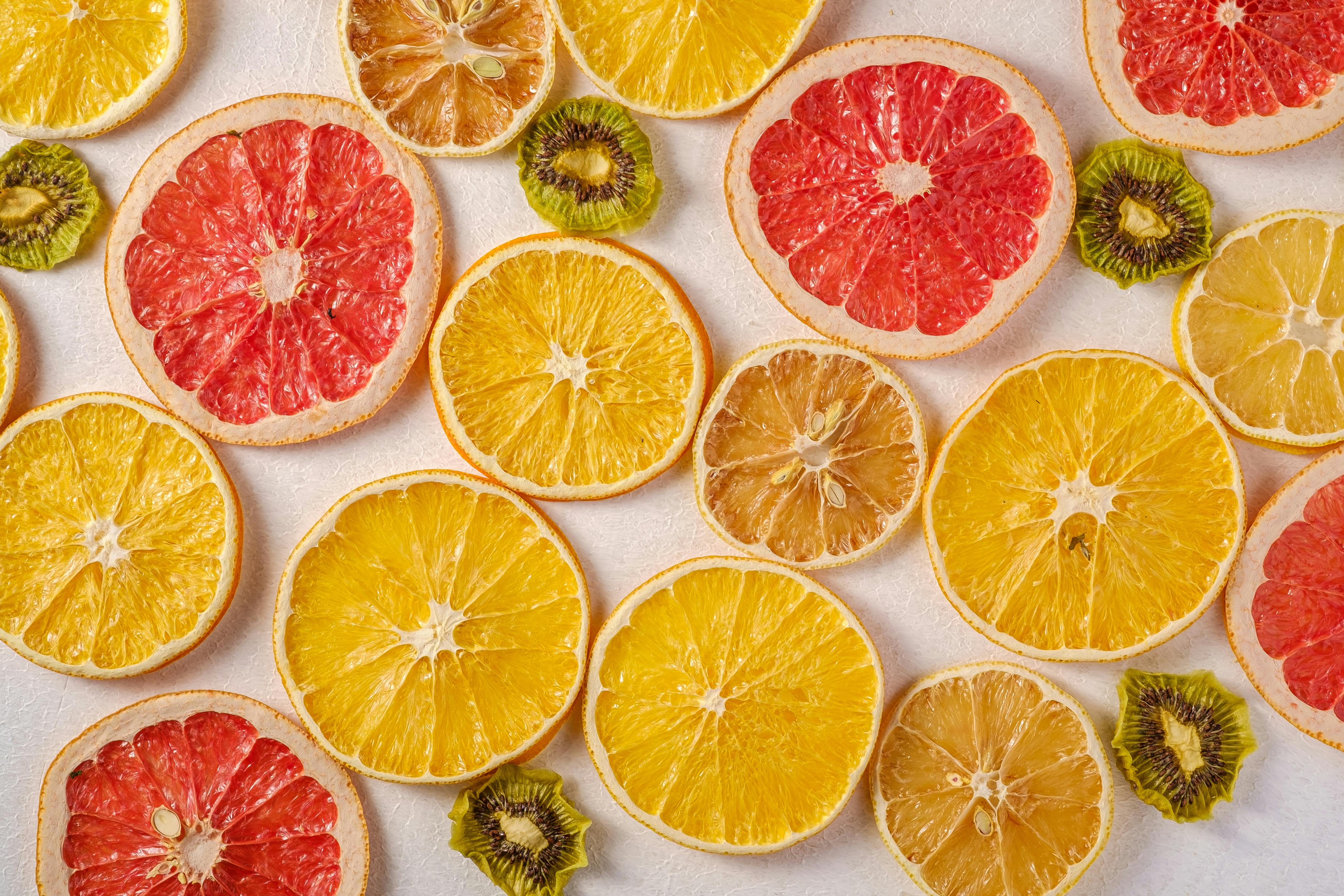A Dietitian's Guide to Lowering Cholesterol Without Medication
39. The Power of Citrus Flavonoids

You already know about the cholesterol-lowering benefits of pectin, but the real magic may lie in the flavonoids within citrus fruits. Compounds like hesperidin (found in the white pith of oranges and lemons) and naringenin (in grapefruit) are powerful antioxidants that have been shown to reduce LDL cholesterol and improve blood vessel function. These compounds inhibit an enzyme in the liver that produces cholesterol and may also reduce inflammation. Next time you eat a citrus fruit, consider consuming the pith or adding zest to your meals for a potent dose of these heart-protective flavonoids.
40. Harness the Vagus Nerve to Lower Cholesterol

Stress can directly raise cholesterol through the release of cortisol, but you can fight back by engaging your body's relaxation response. The vagus nerve is the main communication line between your brain and your body's organs, including your heart. Activating it through practices like deep breathing, meditation, or even singing can lower your heart rate, reduce inflammation, and help your body manage its metabolic processes more effectively. This unique, non-dietary strategy proves that managing your mind is just as important as managing your meals when it comes to heart health.
